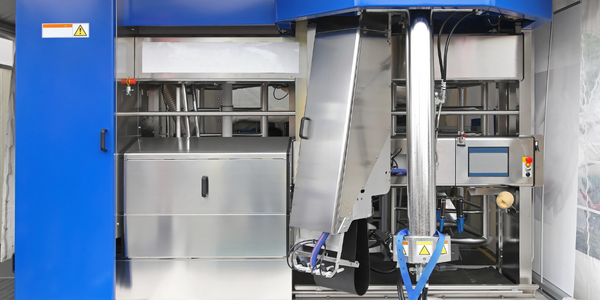Dutch Bamboo Foundation: Reversing Climate Change with a Gem of a Grant Writer and Research Assistant

Customer Company Size
Startup
Region
- Europe
Country
- Netherlands
Product
- Google Workspace for Nonprofits
- Gemini for Google Workspace
- Google Forms
- Google Sheets
- Google Maps
Tech Stack
- Google Workspace
- Gemini
- Google Drive Extension
Implementation Scale
- Enterprise-wide Deployment
Impact Metrics
- Environmental Impact Reduction
- Productivity Improvements
- Innovation Output
Technology Category
- Analytics & Modeling - Machine Learning
- Platform as a Service (PaaS) - Application Development Platforms
Applicable Industries
- Agriculture
Applicable Functions
- Business Operation
- Product Research & Development
Use Cases
- Predictive Maintenance
- Remote Asset Management
Services
- Cloud Planning, Design & Implementation Services
- Data Science Services
About The Customer
The Dutch Bamboo Foundation is a nonprofit organization dedicated to combating climate change by planting bamboo, the world's fastest-growing plant, to remove carbon from the atmosphere. Founded by an American living in the Netherlands, the foundation aims to establish bamboo plantations across Europe to reduce carbon emissions and promote sustainable uses of bamboo. Despite being a one-person operation, the foundation collaborates with global partners, board members, other nonprofits, and volunteers to create a European-based supply chain for sustainably harvested bamboo. The founder, Wennersten, leverages technology to enhance collaboration and streamline operations, ensuring the foundation's mission is effectively pursued.
The Challenge
The Dutch Bamboo Foundation, a nonprofit organization, is on a mission to combat climate change by planting bamboo, the fastest-growing plant, to remove carbon from the atmosphere. The founder, Wennersten, operates the organization solo, which makes collaboration essential yet challenging. The foundation collaborates with global partners to establish a European-based supply chain for sustainably harvested bamboo. Wennersten faces the challenge of managing a high volume of documents and spreadsheets, coordinating with board members, other nonprofits, funders, prospective donors, and volunteers. The need for efficient collaboration tools is critical to streamline operations and achieve the foundation's mission.
The Solution
To address the challenges of collaboration and information management, the Dutch Bamboo Foundation adopted Google Workspace for Nonprofits, which provides a suite of tools for efficient collaboration at no cost. The familiarity of Google Workspace among partners facilitated seamless collaboration. The foundation uses Google Forms and Sheets for volunteer recruitment and task management, while Google Maps aids in identifying potential bamboo planting locations. A significant enhancement came with the introduction of Gemini for Google Workspace, which assists in grant writing by drafting responses to common application questions. Additionally, Wennersten created a custom 'research digester' Gem using Gemini, which analyzes complex publications and provides actionable insights. This tool helps manage the influx of climate science information and supports the foundation's mission by connecting with experts and developing new strategies.
Operational Impact

Case Study missing?
Start adding your own!
Register with your work email and create a new case study profile for your business.
Related Case Studies.
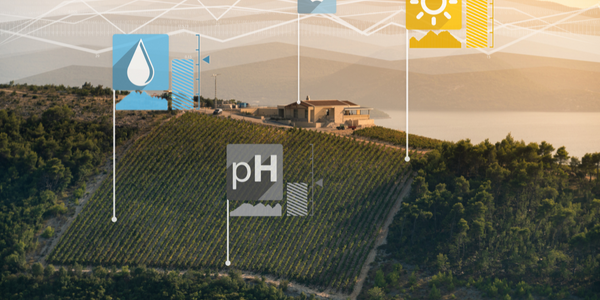
Case Study
Intelligent Farming with ThingWorx Analytics
Z Farms was facing three challenges: costly irrigation systems with water as a limited resource, narrow optimal ranges of soil moisture for growth with difficult maintenance and farm operators could not simply turn on irrigation systems like a faucet.
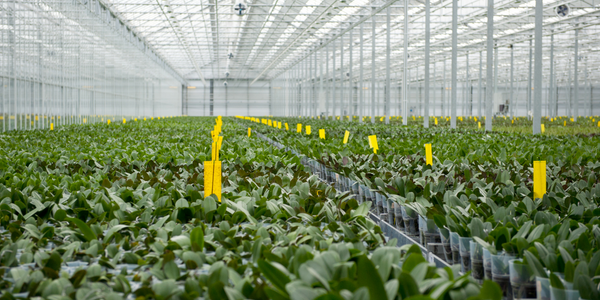
Case Study
Greenhouse Intelligent Monitoring and Control Solution
Farming Orchids is the most successful form of precision farming in Taiwan, and also the most exported flower. Orchids need a specific temperature and humidity conditions to grow and bloom, and its flowering time may not be in line with market demands, so the price collapses when there is overproduction. Therefore, some farmers began to import automated greenhouse control systems for breeding and forcing, which not only improves quality, but also effectively controls the production period and yield to ensure revenue. In 2012, an orchid farmer built a Forcing Greenhouse of about 200 pings (approximately 661 Square Meters) in Tainan, Taiwan. The system integrator adopted Advantech’s APAX-5000 series programmable automation controllers to build the control platform, coupled with Advantech WebAccess HMI/SCADA software, to achieve cloud monitoring. The staff of the orchid field can monitor important data anytime via smart phone, iPad, and other handheld devices, and control the growth and flowering conditions. System requirements: In the past, most environmental control systems of orchid greenhouses in Taiwan used PLCs (Programmable Logic Controller) with poorscalability and control, and could not be connected to the Internet formonitoring from the cloud. For advanced database analysis and networking capability, the PC platform must be adopted. Therefore, PAC Systems (Programmable Automation Controller) with both PLC programming capabilities andPC functions is a better choice.The environmental control of the Orchid greenhouse switches on and off devices like fan, shade net, cooling/heat pump, liquid flow control, water-cooling wall etc. It is controlled by a control panel of electric controllers, and is driven by a motor, to adjust the greenhouse temperature, humidity, and other environmental conditions to the set parameters.
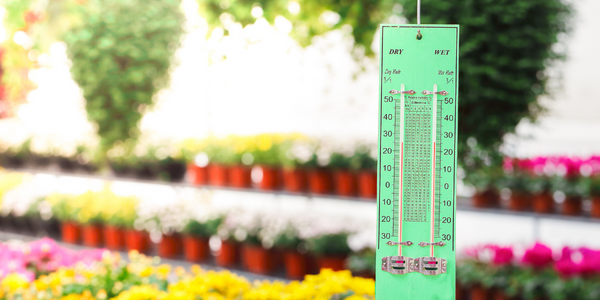
Case Study
Precision beekeeping with wireless temperature monitoring
Honeybees are insects of large economic value and provide a vital service to agriculture by pollinating a variety of crops. In addition, bees provide us with valuable products such as honey, beeswax, propolis, bee venom, etc. Monitoring of honeybee colony health, population, productivity, and environmental conditions affecting the colony health have always been exceedingly difficult tasks in apiculture. Research has shown that even small deviations (by more than 2°C) from the optimal temperatures have a significant influence on the development of the brood and the health of adult bees.
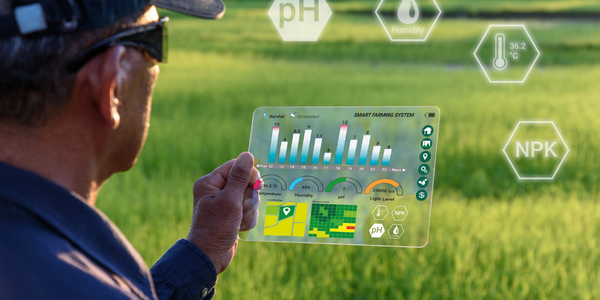
Case Study
Enabling Internet of Things Innovation in Agriculture
DigiBale, wanted to apply technology know-how and IP from implementations successfully to more agriculture sectors including cotton, forestry, sugarcane and cattle. However, farmers and growers still have worries about the connected technology.







